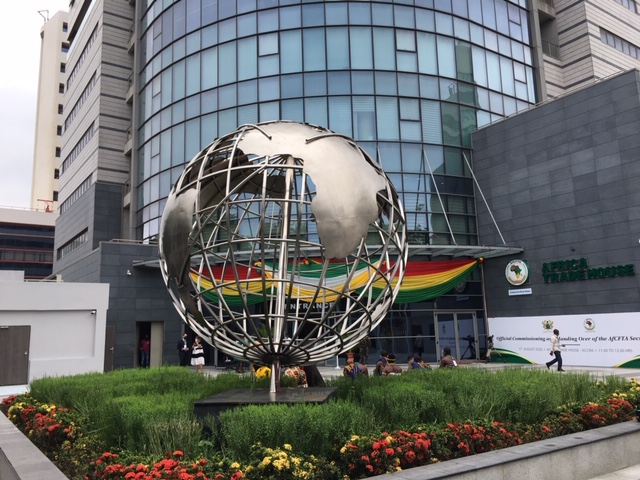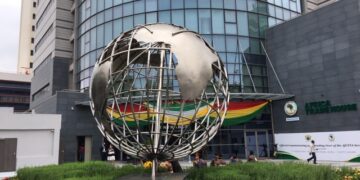The Chief Executive Officer (CEO) of the Ghana National Chamber of Commerce & Industry (GNCCI), Mark Badu-Aboagye says the African Continental Free Trade Area (AfCFTA), will present great competition amongst African countries.
To him this level of completion will negatively affect the economies of countries which are unprepared and have refused to strengthen their industries.
“We need to look at creating the local market first for our industries and then proceed to create the international market for them if we want to enjoy the benefits of (AfCFTA), and that can be done by government strengthening the industries here by giving them all they need,” he made his position known at the Happy Development Dialogues hosted by Happy 98.9FM’s Don Kwabena Prah on the topic; ‘‘Understanding the relevance of AfCFTA for Ghana and Industry Players’.
He laughed away claims Ghana is competitive in the international market. “Look at our cost of credit in Ghana, it is expensive as compared to other countries. Businesses even incur costs on manufacturing before they start the production process.
The cost of electricity in Ghana is expensive and that is worrying. For our industries to function and have the competitive urge and benefit from AfCFTA, the cost of electricity must reduce otherwise AfCFTA will see us importing more and that will destroy our economy. AfCFTA will help us bit if we don’t help ourselves as a country, we will be in trouble.”
The African Continental Free Trade Area (AfCFTA) is a free trade area founded in 2018, with trade commencing as of 1 January 2021. It was created by the African Continental Free Trade Agreement among 54 of the 55 African Union nations.
The free-trade area is the largest in the world in terms of the number of participating countries since the formation of the World Trade Organization.[15] Accra, Ghana serves as the Secretariat of AfCFTA and was commissioned and handed over to the AU by the President of Ghana Nana Akufo-Addo on August 17, 2020 in Accra.
The agreement was brokered by the African Union (AU) and was signed on by 44 of its 55 member states in Kigali, Rwanda on March 21, 2018. The agreement initially requires members to remove tariffs from 90% of goods, allowing free access to commodities, goods, and services across the continent.The United Nations Economic Commission for Africa estimates that the agreement will boost intra-African trade by 52 percent by 2022.




















